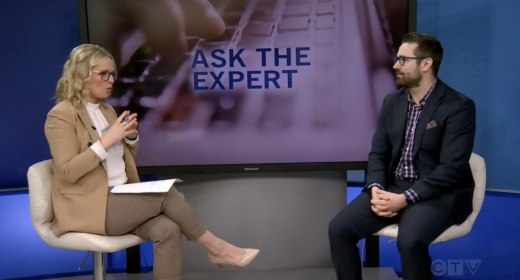We are witnessing first-hand the repercussions of an aging society. On the positive side, people are living longer and many have saved significant assets to ensure their elder years are comfortable ones. However, many people will spend their later years with diminished capacity, leaving it necessary for a family member or friend to make decisions for them.
Currently, there is little oversight in Ontario as to whom a person names as their substitute decision maker (commonly known to most people as “power of attorney”). This combination is a recipe for disaster, leading to multiple incidents of elder abuse and expensive litigation.
Although these problems have been long recognized by many people working in areas of elder care, difficulties arise when trying to craft solutions. On March 8, 2017, the Law Commission of Ontario (LCO) released its Final Report on Legal Capacity, Decision-making and Guardianship. The report sets out 58 recommendations, including proposals that would reduce misuse and abuse of powers of attorney through better education, transparency and monitoring.
Does the report take sufficient steps to address the underlying problems? Let’s start the discussion.
For more information about elder law and powers of attorney, contact our Wills and Estate Group.



